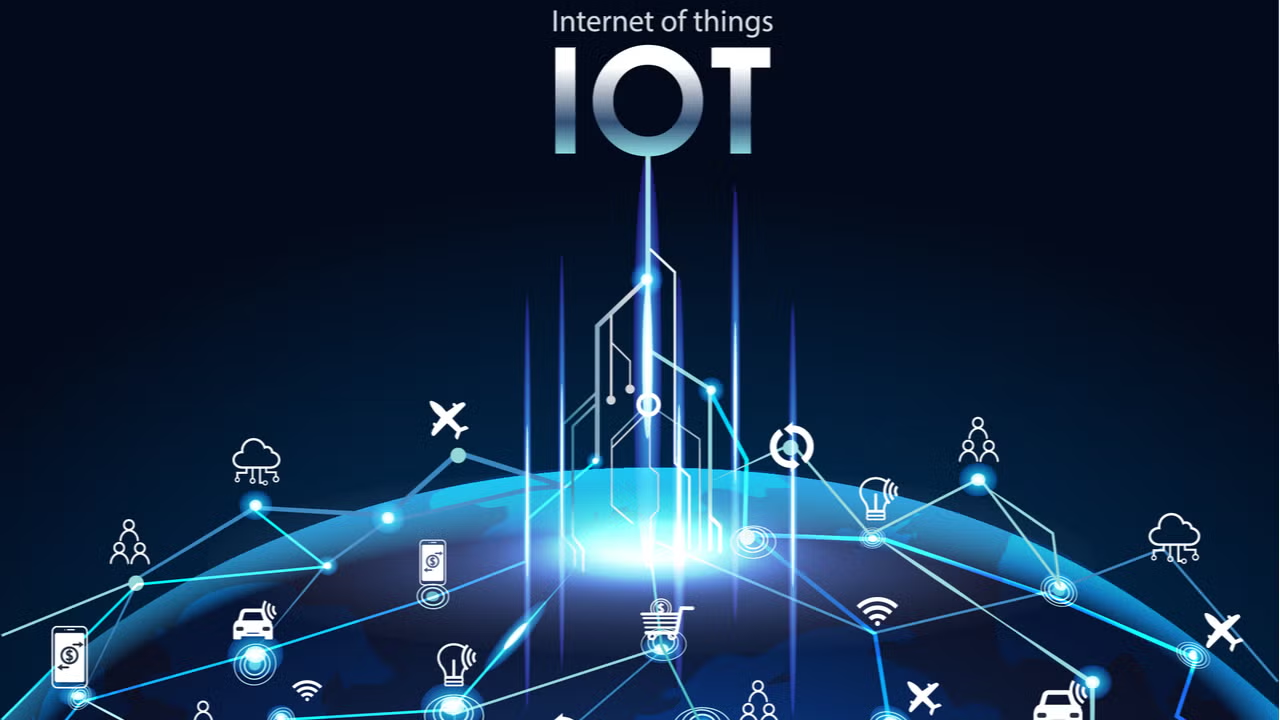Introduction
In the blink of an eye, smart devices have infiltrated every corner of our lives. From smartphones that buzz awake with personalized notifications to intelligent home assistants that respond to our every whim, smart technology promises convenience, efficiency, and connectivity. But beneath the surface of these sleek gadgets lies a provocative question: Do we really own our smart devices, or have they come to own us?
This article dives into the complex relationship between humans and their smart devices. We will explore the evolution of smart technology, psychological and societal impacts, privacy concerns, and the future of human-device symbiosis. Buckle up — this journey will reveal how intertwined we are with the digital world and challenge your perceptions of ownership.
The Rise of Smart Devices: A Brief History
Smart devices are a relatively recent phenomenon, yet their impact is monumental. To understand their grip on society, we need a quick history lesson.
From Dumb Machines to Intelligent Helpers
Early electronic devices—radios, televisions, calculators—were largely passive tools. They performed specific tasks without adaptation or feedback. The shift began in the late 20th century, with the advent of microprocessors and the internet, enabling devices to collect data, connect, and respond intelligently.
Smartphones, introduced in the early 2000s, revolutionized this space by combining computing power with constant connectivity. Suddenly, the device in your pocket knew your location, habits, and preferences.
The Internet of Things (IoT)
The concept of IoT expanded the definition of “smart” beyond phones and computers to everyday objects — thermostats, refrigerators, watches, even light bulbs. These devices gather data, learn user behavior, and automate tasks. What was once simple control became a complex web of interconnected digital ecosystems.
Defining Ownership: What Does It Mean?
Before exploring whether we own or are owned by these devices, let’s clarify what ownership really means.

Legal Ownership vs. Psychological Ownership
- Legal Ownership: The tangible right to possess, control, and dispose of property. When you buy a smartphone, you legally own it.
- Psychological Ownership: The feeling of possessiveness and connection to an object. This can be complex when devices shape our habits, identity, and behavior.
Control and Influence
Ownership implies control. But smart devices often blur these boundaries — they adapt to us, influence us, and sometimes nudge our decisions. When your phone predicts your next move or your smart speaker suggests a product, who is really in control?
The Allure of Smart Devices: Convenience or Control?
Smart devices promise life simplification, but convenience often comes at a cost.
Personalization: A Double-Edged Sword
Algorithms track your preferences to tailor content, shopping, and even social interactions. This personalization can feel empowering but can also box us into filter bubbles—limiting exposure to diverse ideas and experiences.
Behavioral Design and Persuasive Technology
Many smart devices and apps are intentionally designed to capture attention. Features like infinite scrolling, push notifications, and reward systems tap into dopamine-driven loops, encouraging compulsive usage.
This behavioral design raises ethical questions: Are these devices tools for us, or mechanisms that control us through subtle psychological manipulation?
The Privacy Paradox: Ownership of Data
When you own a device, do you own the data it collects? The answer is murky.
Data as a New Form of Ownership
Smart devices constantly gather vast amounts of personal data — location, habits, biometric info, social interactions. This data is often stored, processed, and monetized by companies, not users.
Consent and Transparency Issues
Users frequently lack clear understanding or control over how their data is used. Privacy policies are dense and consent is rarely fully informed. This leads to a growing privacy paradox — users value privacy but continue to use devices that erode it.
Psychological Impact: The Device-Human Feedback Loop
The interaction with smart devices forms a feedback loop that shapes our mental and emotional states.
Digital Dependency and Addiction
Studies show increasing levels of smartphone and social media addiction, with symptoms resembling substance dependence — cravings, withdrawal, tolerance.
Impact on Attention and Cognitive Function
Constant notifications and multitasking fragment attention and reduce deep focus. This impacts productivity, learning, and even emotional well-being.

Social Dynamics and Relationships
Smart devices mediate much of our social interaction today, sometimes at the cost of face-to-face connections. The paradox is stark: we are more connected digitally but can feel increasingly isolated personally.
Ownership in the Age of AI and Automation
The rise of AI-powered smart devices complicates ownership further.
Smart Assistants: Helpers or Overlords?
Devices like Alexa, Google Assistant, and Siri anticipate needs and make decisions. The more autonomy they have, the more blurred the lines of control become.
Algorithmic Governance and Bias
AI systems embedded in smart devices can perpetuate biases, affect choices, and enforce subtle governance — who owns these systems? And what happens if they make decisions counter to user interest?
Ethical Considerations and the Future of Ownership
As technology evolves, so must our ethical frameworks and legal standards.
Toward Digital Rights and User Empowerment
Calls for stronger digital rights include data ownership, transparency mandates, and user control over algorithms.
Designing for Human Flourishing
The future of smart devices should prioritize human well-being, autonomy, and meaningful connection rather than exploitation and manipulation.
Conclusion: The New Ownership Paradigm
So, do we own our smart devices, or do they own us? The answer is complex and layered:
- Legally, we own the devices.
- Psychologically, the devices shape us more than we shape them.
- Data ownership remains contested, often favoring corporations.
- Smart devices simultaneously empower and control us through design and algorithms.
Our relationship with smart devices is a dynamic dance of control and dependence. To reclaim true ownership, we must advocate for transparency, ethical design, and digital literacy — turning the question from “Who owns whom?” into “How do we co-create a balanced, beneficial future?”











































Discussion about this post